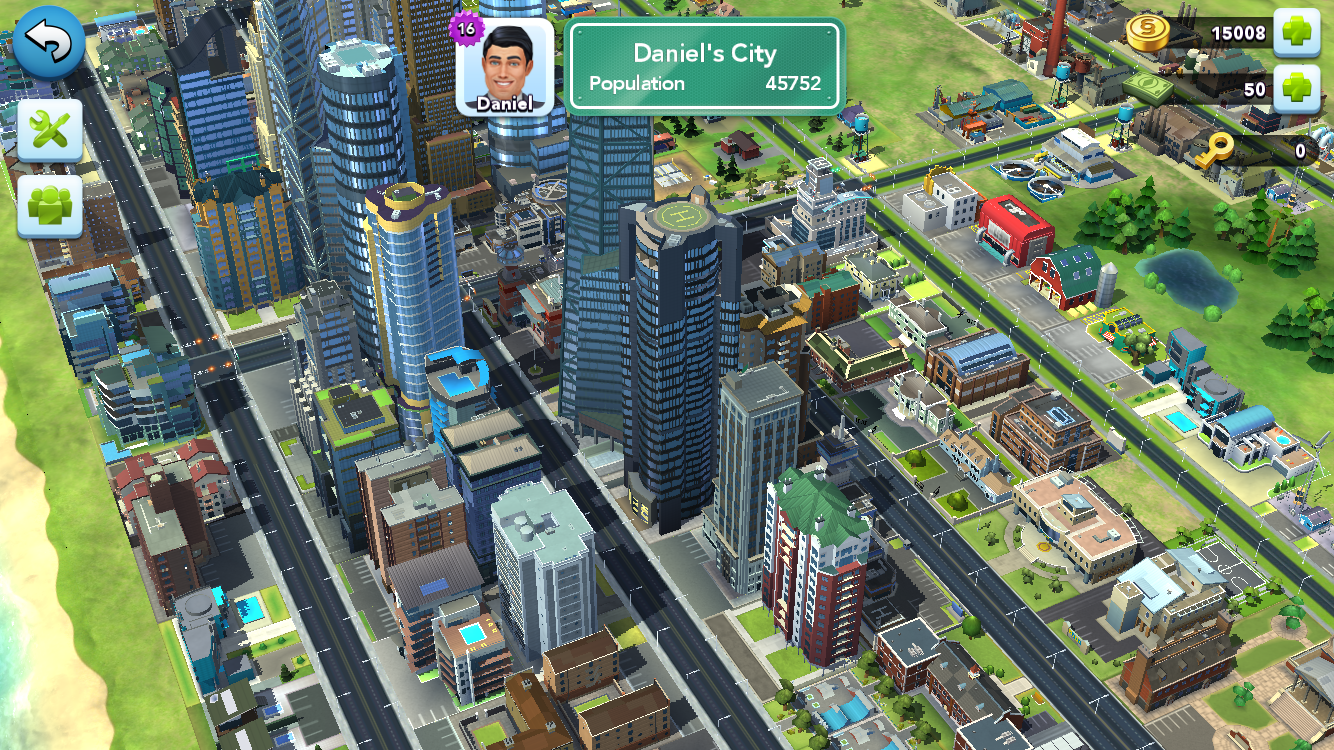SimCity is an open-ended city-building video game series originally designed by Will Wright. The first game in the series, SimCity, was published by Maxis in 1989 and sparked the creation of several sequels and many other spin-off “Sim” titles, including 2000’s The Sims, which itself became a best-selling computer game and franchise. Maxis developed the series independently until 1997, and then continued under the ownership of Electronic Arts until 2003. EA commissioned various spinoffs from other companies during the 2000s, focusing on console and mobile releases. A 2013 EA-Maxis reboot was subject to what has been described as “one of the most disastrous launches in history”, which may have triggered the 2015 shutdown of Maxis Emeryville and the end of the franchise. (Source from Wikipedia)

All titles in the series share similar gameplay, centered on building a civilization on a macro-scale from prehistory up to the near future. Each turn allows the player to move their units on the map, build or improve new cities and units, and initiate negotiations with the human or computer-controlled players. The player will also choose technologies to research. These reflect the cultural, intellectual, and technical sophistication of the civilization, and usually allow the player to build new units or to improve their cities with new structures. In most games in the series, one may win by military conquest, achieving a certain level of culture, building an interstellar space ship, or achieving the highest score, among other means. Later games have introduced gameplay concepts and victories based on religion, economics, and diplomacy.


simcity (1989)
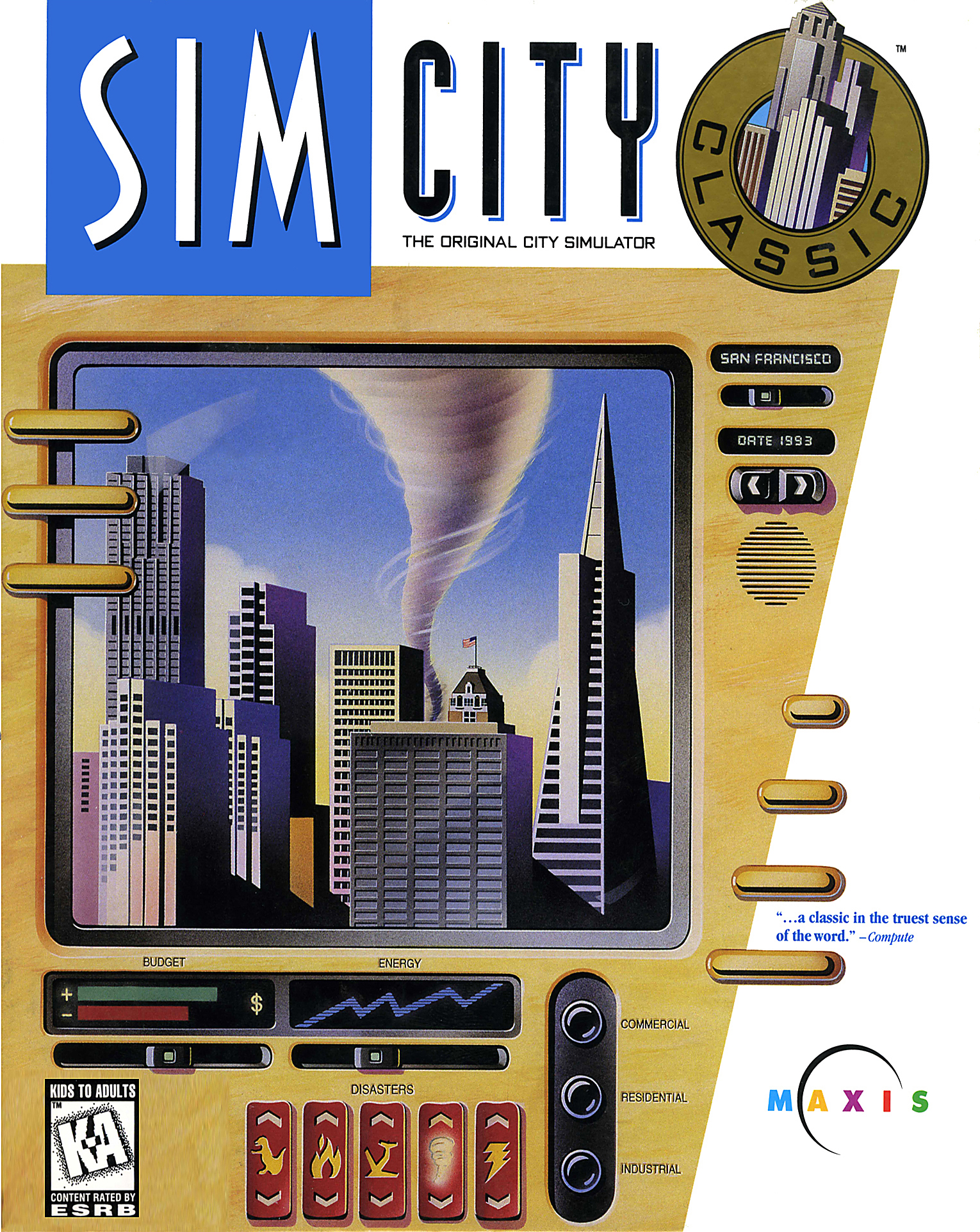
SimCity was independently developed by Will Wright beginning in 1985, and would not see its first release until 1989. Because the game lacked any of the arcade or action elements that dominated the video game market in the 1980s, video game publishers declined to release the title in fear of its commercial failure, until Broderbund eventually agreed to distribute it. Although the game initially sold poorly, positive feedback from the gaming press boosted its sales. After becoming a best-seller, SimCity was released on several other platforms, most notably on the Super Nintendo Entertainment System (SNES) in 1991, in which its gameplay was significantly revised with Nintendo’s involvement.

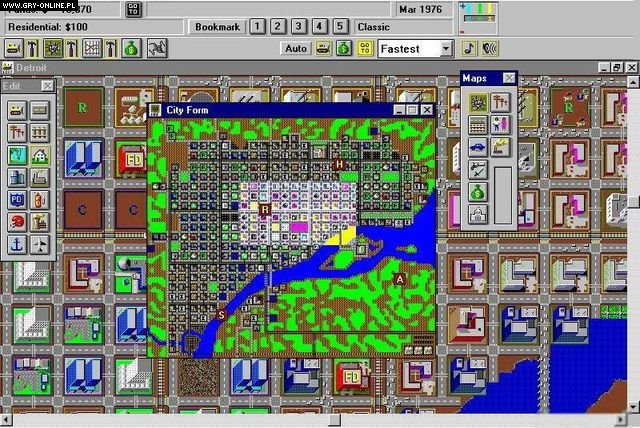

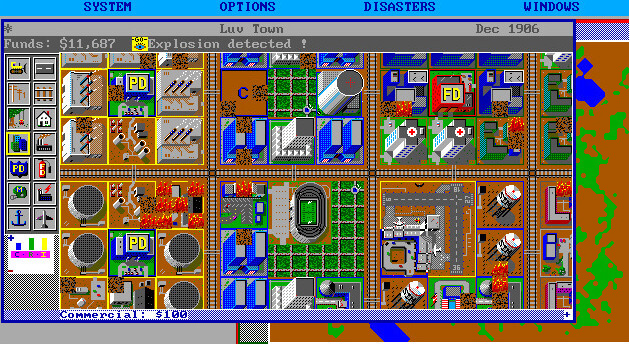
simcity 2000 (1993)

SimCity 2000 is a city-building simulation video game jointly developed by Will Wright and Fred Haslam of Maxis. It is the successor to SimCity Classic and was released for Apple Macintosh personal computers in 1993, after which it was released on other platforms over the following years, such as the Sega Saturn and SNES game consoles in 1995 and the PlayStation in 1996.
SimCity 2000 is played from an isometric perspective as opposed to the previous title, which was played from a top-down perspective. The objective of the game is to create a city, develop residential and industrial areas, build infrastructure and collect taxes for further development of the city. Importance is put on increasing the standard of living of the population, maintaining a balance between the different sectors, and monitoring the region’s environmental situation to prevent the settlement from declining and going bankrupt, as extreme deficit spending gets a game over.
.jpg)
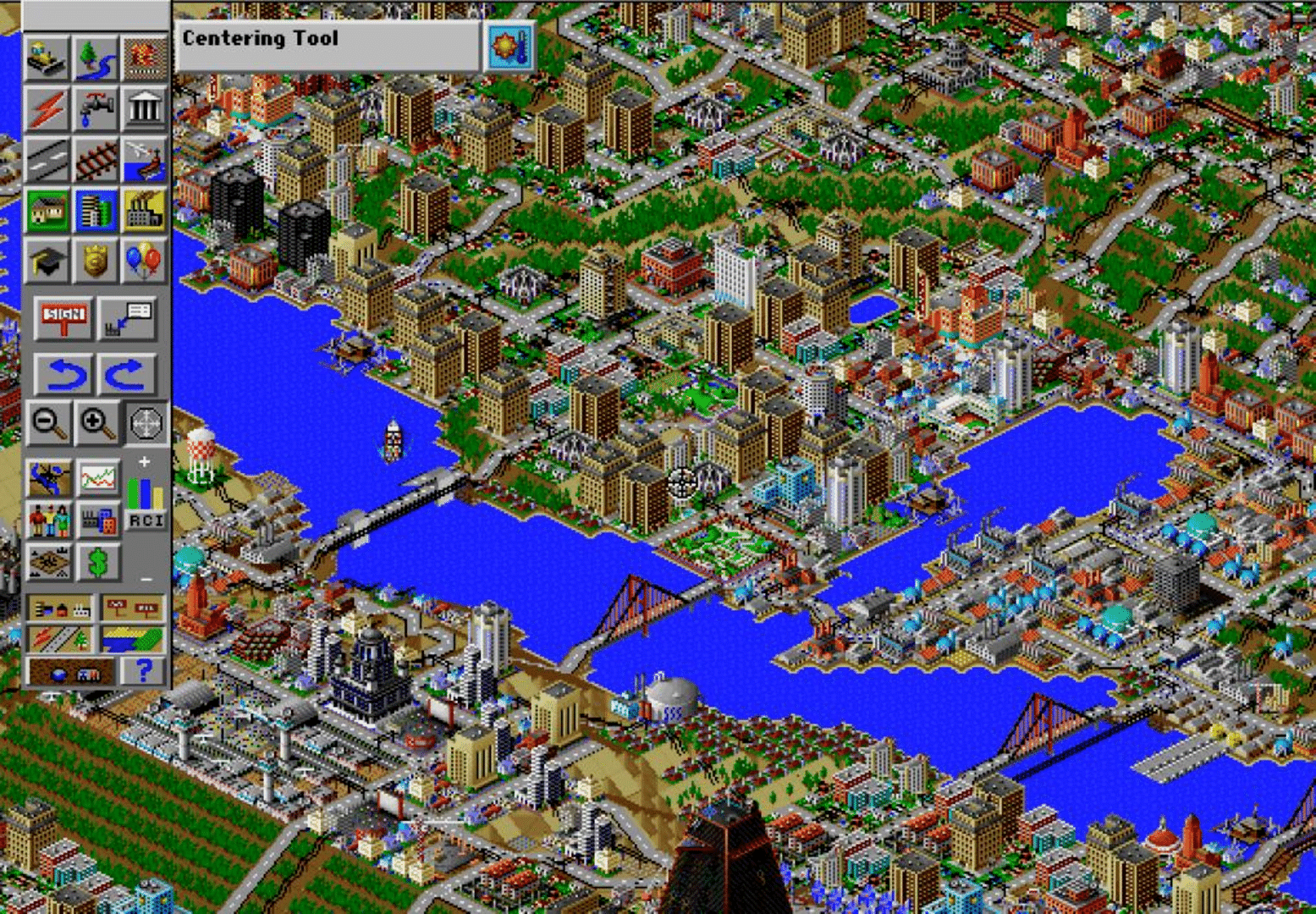
simcity 3000 (1999)
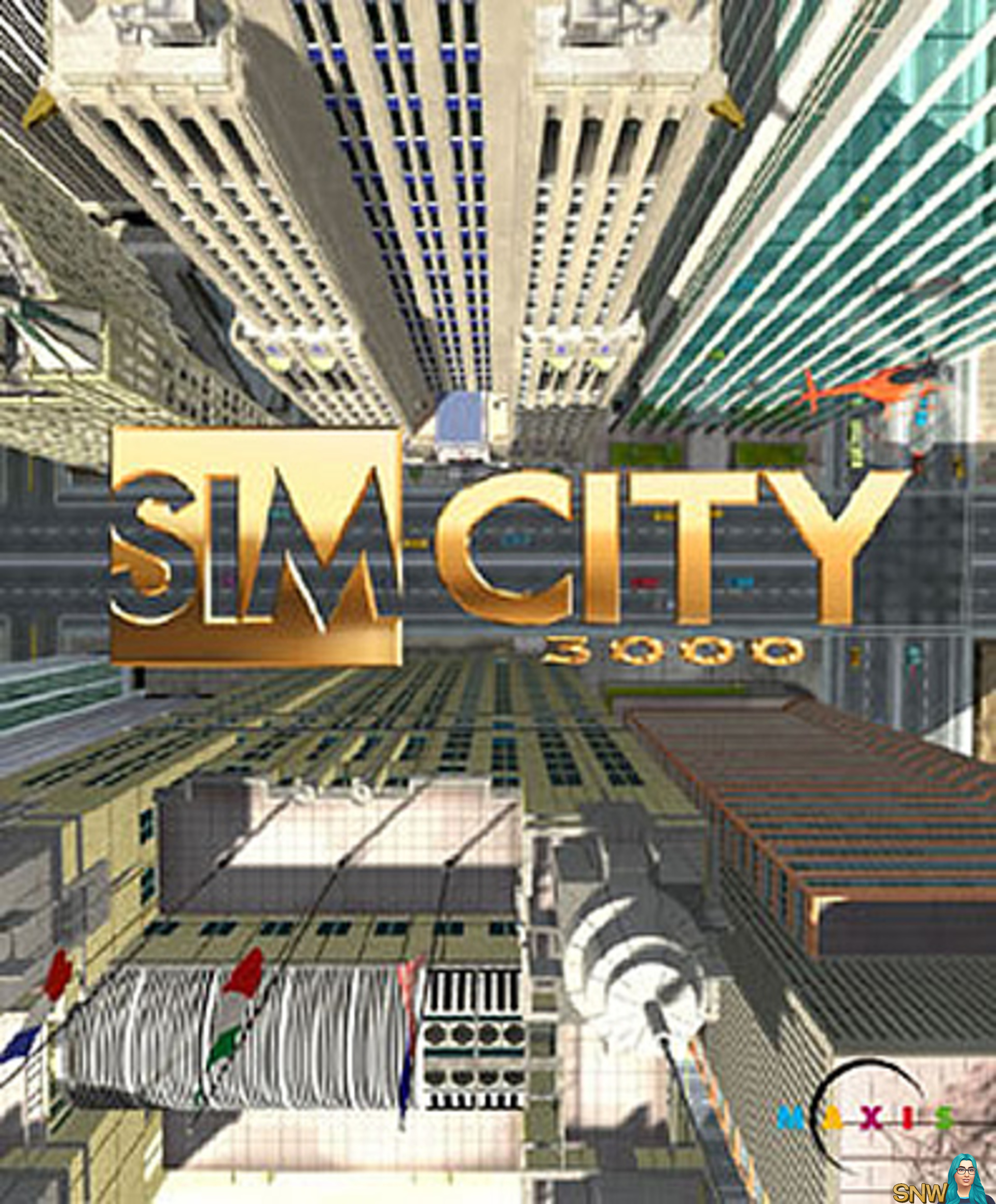
SimCity 3000 is a city building simulation video game released in 1999, and the third major installment in the SimCity series. It was published by Electronic Arts (EA) and developed by series creator Maxis. It was released for Microsoft Windows, Macintosh, and, through an arrangement with Loki Games, Linux.
There are many changes between SimCity 3000 and its immediate predecessor SimCity 2000. These changes span both the integral city management aspects of the game, as well as its graphical and landscape aspects. More and newer city services are featured. These changes create a greatly different experience from that of SimCity 2000.
The most notable change is the addition of the concept of waste management. In SimCity 3000, garbage begins to accumulate when the city grows to a medium size, and must be disposed of at the expense of the city. Farms and agricultural structures are also introduced, appearing on large light industrial zones in a city with low land value and little pollution. A new zoning density was also added, totaling three densities, compared to SimCity 2000‘s two.

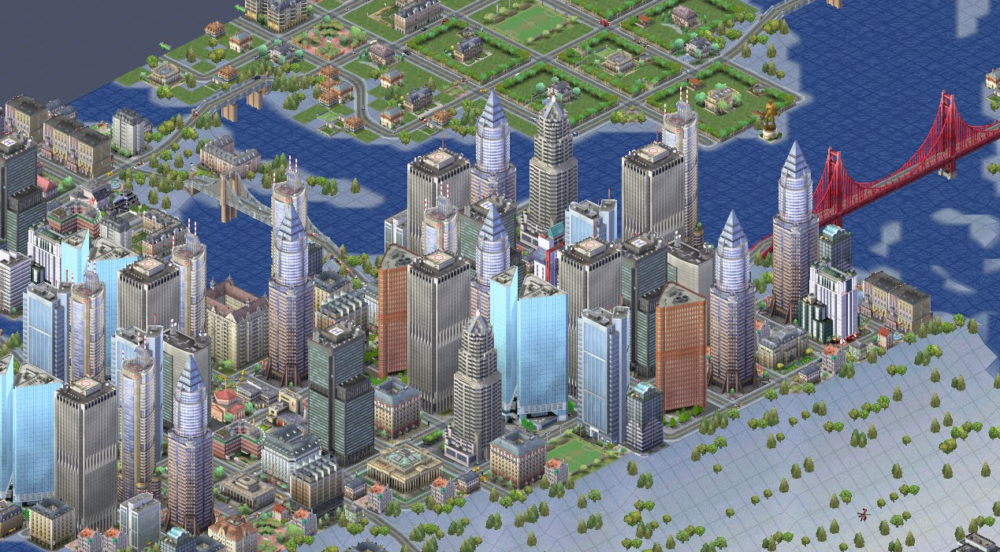

simcity 4 (2003)

SimCity 4 is a city-building simulation computer game developed by Maxis, a subsidiary of Electronic Arts. It was released on January 14, 2003. It is the fourth major installment in the SimCity series. SimCity 4 has a single expansion pack called Rush Hour which adds features to the game. SimCity 4: Deluxe Edition contained the original game and Rush Hour combined as a single product. The game allows players to create a region of land by terraforming, and then to design and build a settlement which can grow into a city. Players can zone different areas of land as commercial, industrial, or residential development, as well as build and maintain public services, transport and utilities. For the success of a city, players must manage its finances, environment, and quality of life for its residents. SimCity 4 introduces night and day cycles and other special effects for the first time in the SimCity series. External tools such as the Building Architect Tool (BAT) allow custom third-party buildings and content to be added to the gameplay.

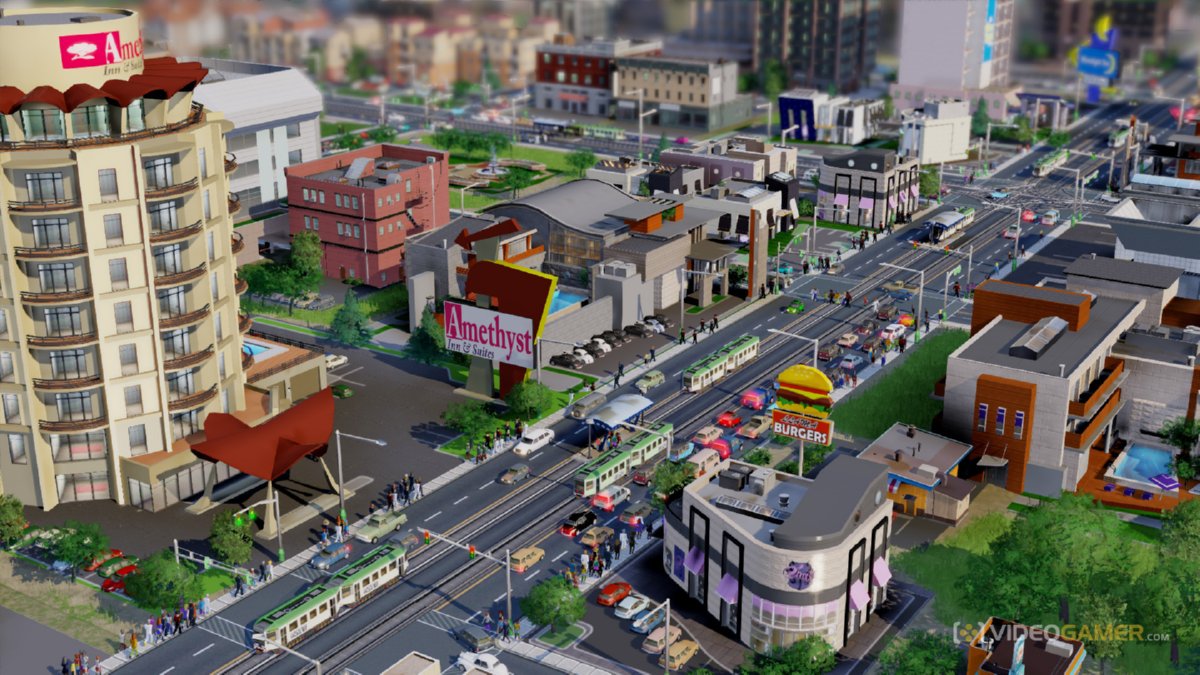
simcity societies (2007)
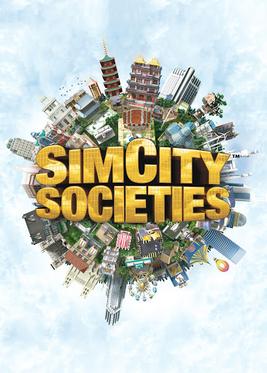
SimCity Societies is a city-building simulation video game developed by Tilted Mill Entertainment and published by Electronic Arts, and is part of the SimCity series. The gameplay is significantly different from previous SimCity titles, with a greater focus on social development. SimCity Societies was released in 2007, and received mixed reviews, with praise for the game’s improved accessibility and visuals, but criticism for being oversimplified and having poor performance. imCity Societies has a different style of gameplay compared to previous SimCity titles, with less focus on “stricter city-planner roles”, and more focus on “social-engineering”. Tilted Mill Entertainment also reduced the complexity of SimCity Societies after the previous games in the series had been described as too complex by Will Wright.



simcity social (2012)
SimCity Social is a defunct online social game for the Facebook social network where users create their own city and interact with cities of their Facebook friends. The game was developed by Playfish and published by Electronic Arts. The game was announced at the Electronic Entertainment Expo 2012, during EA’s press conference on June 4, 2012, and released on June 25, 2012.
On April 14, 2013, it was announced that the game would be shutting down. On June 14, 2013, SimCity Social and The Sims Social both ceased completely, with no possible access to the game. This was met with very negative response from players of both games.


cities of tomorrow (2013)

An expansion pack called Cities of Tomorrow was announced on September 19, 2013. It was released on November 12, 2013, and is set fifty years in the future. It features new regions, technology, city specializations, and transportation methods.
The new features in Cities of Tomorrow are divided into three categories: “MegaTowers”, “Academy” and the “OmegaCo”. The MegaTowers are massive buildings built floor by floor with each floor having a specific purpose, being residential, commercial or to provide services like schools, security, power and entertainment. Each floor can provide jobs, services or housing for hundreds of citizens at the same time. The Academy is a futuristic research center that provides a signal called “ControlNet” to power up structures and improvements developed there and the OmegaCo is composed of factories used to produce an elusive commodity only known as “Omega” to increase the profits from residential, commercial and industrial buildings alike and manufacture drones to further improve the coverage of healthcare, police, fire services or just be used by citizens to perform shopping in their places, thus reducing traffic.
simcity: buildit (2014)

SimCity: BuildIt is a city-building simulation mobile game. Developed by TrackTwenty and published by Electronic Arts, it was launched in late 2014. The game is part of the SimCity franchise, and is available for download on iOS, Android and the Amazon app stores. It is a free simulation game in the iOS App Store and Google Play Store.
This game allows users to solve real-life situations like fire, sewage, pollution, and traffic and helps in dealing with problems that the public faces. Players can connect and compete with other users for more connected gameplay.


